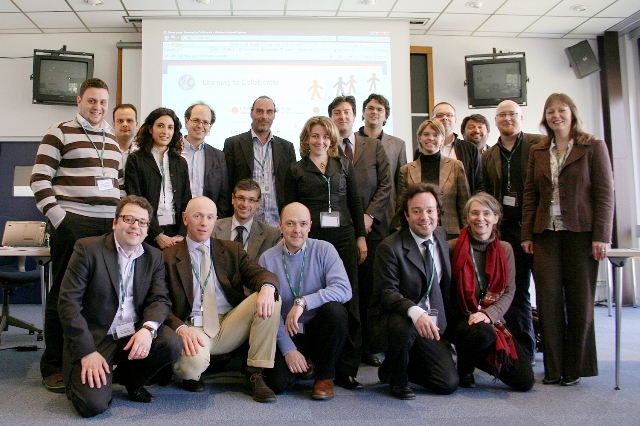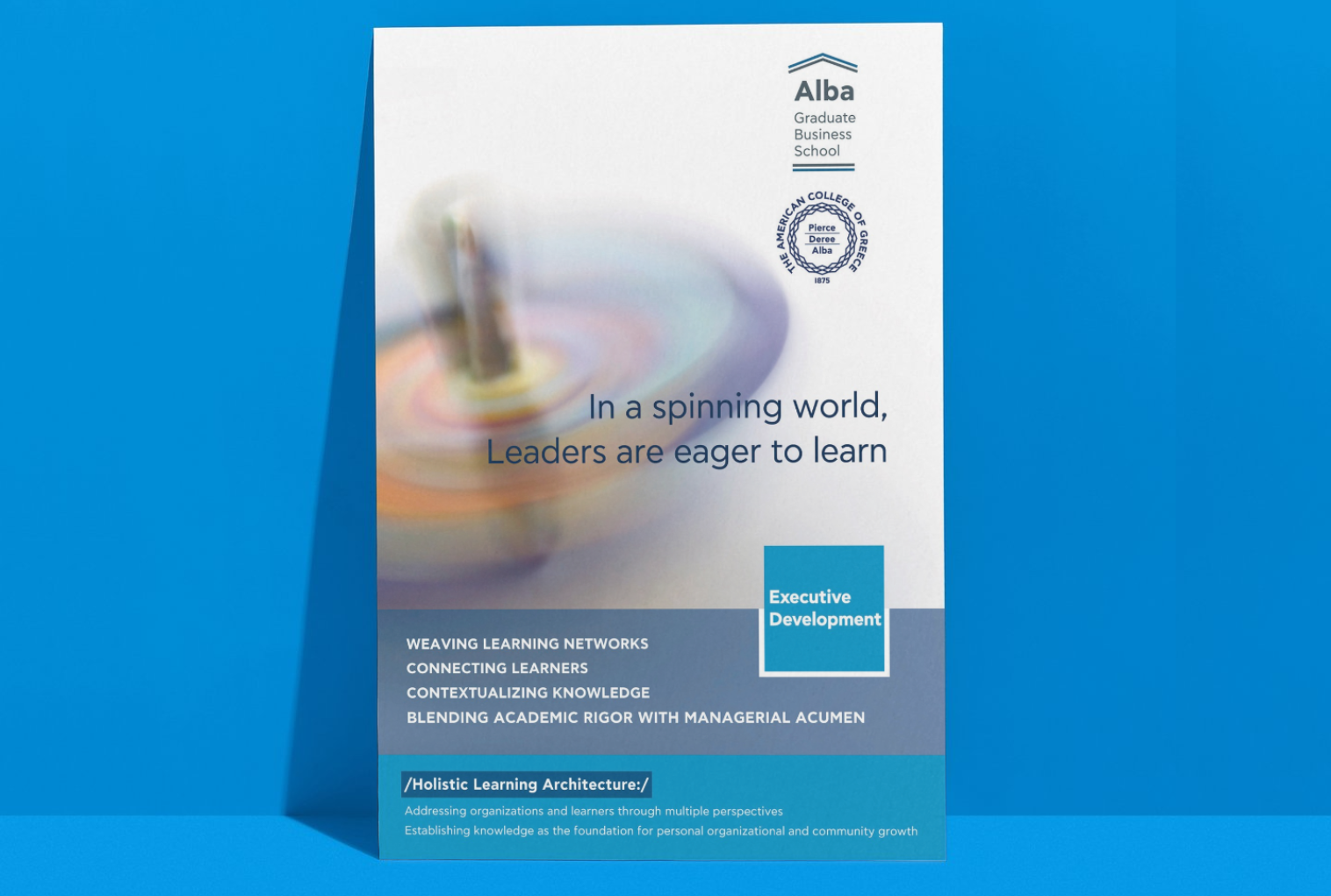Learning to Collaborate (L2C) EUROPEAN PROJECT

Learning to Collaborate has been successfully concluded upon completion of the Final Review Meeting by the European Commission, on Friday April 11, at the campus of INSEAD in Fontainebleau. Congratulations to everyone involved!
The L2C project officially started on March 1 2006. One of the most important and interesting projects ever undertaken by the Applied Research & Innovation Dept., the L2C has built on interdisciplinary scientific/academic models and best/worst practices and experiences to identify the factors inhibiting effective collaboration (Collaboration Traps & Challenges), as well as the interventions required to reduce such risks (Collaboration Management Competencies). This know-how led to the development of:
- An innovative framework (Advanced Collaboration Dynamics and Technologies - ACDT Framework) addressing the effective development of collaboration competencies.
- A set of widely deployable, advanced, interactive and experiential technology-enhanced solutions (ACDT Simulation Games) guaranteeing the effective understanding and internalisation of (1) cognitive, motivational and attitudinal factors, (2) complexity of knowledge integration processes and distributed, ICT-supported teamwork, and (3) management competencies determining the success or failure of collaboration dynamics in diverse and distributed contexts.
The consortium consisted of many prestigious academic institutions as well as industrial partners:
- INSEAD-Centre for Advanced Learning Technologies - CALT (France)
- Università Cattolica (Italy)
- University of Armed Forces (Germany)
- Austrian Research Instititute for Artificial Intelligence (OFAI) (Austria)
- OPEN University (UK)
- St Gallen University - (SCIL) (Switzerland)
- FIAT - Isvor (Italy)
- ALBA Graduate Business School (Greece)
- UniCredit (Italy)
- MeTis (Greece)
- FVA (Italy)
- Alpha Labs (France)
- Strathclyde University (UK)
As a member of the L2C consortium, ALBA deployed and disseminated the L2C simulation learning tools and methodologies to small and medium-sized companies in Greece as well as its own students, staff and faculty members. This was achieved by successfully organising a series of pilot rounds and by evaluating all the prototypes developed in the course of the project.
For more information on the project, please contact Mr. Panagiotis Tarsinos, Applied Research & Innovation Projects, tel.: 210 8964531, e-mail: [email protected]





